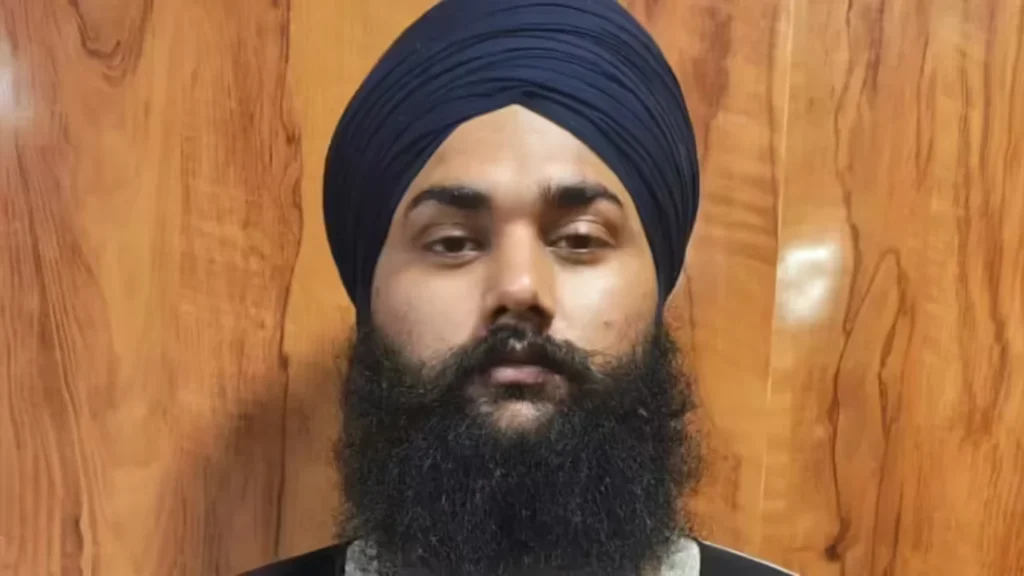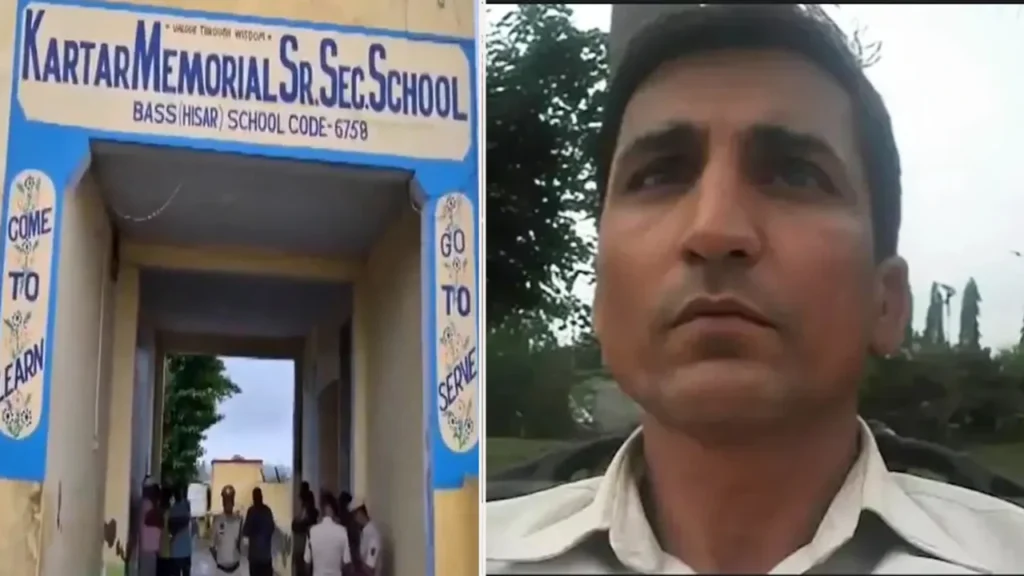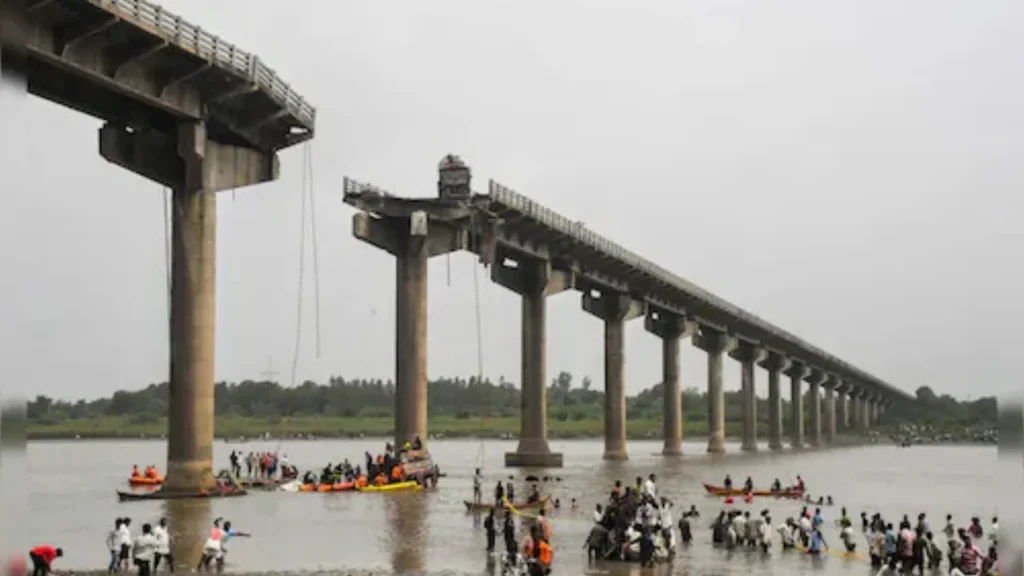Background: Why Operation Sindoor Happened
- On April 22, 2025, a brutal terrorist attack in Pahalgam, Jammu & Kashmir shocked India.
- Terrorists targeted Hindu tourists, killing 26 Indian citizens and 1 Nepali national.
- India blamed Pakistan-based terror groups like Lashkar-e-Taiba and Jaish-e-Mohammed, saying they were behind the attack.
- This was the final straw. India had tolerated enough. The government responded with Operation Sindoor—a bold, well-planned military airstrike inside Pakistani territory to destroy terrorist camps.
What Was Operation Sindoor?
- Operation Sindoor began in the early hours of May 7, 2025.
- Indian Air Force jets, including powerful Rafales, entered Pakistani airspace and hit nine terrorist locations.
The targets included known terror hotspots like:
- Bahawalpur
- Muridke
- Muzaffarabad
- Kotli
- These places are believed to be home to terrorist camps and training centers.
- India used precision weapons like SCALP missiles and Hammer bombs.
- The mission was completed in 23 minutes with no civilian areas or military bases hit.
- India made it clear—this was a strike against terrorism, not Pakistan’s army or people.
Pakistan’s Reaction: Denial and Retaliation
Pakistan denied that terrorists were targeted.
They claimed Indian jets bombed civilians and mosques—claims that were not backed by evidence.
Soon after, Pakistan responded with:
- Artillery shelling along the Line of Control (LoC)
- Air Force action, claiming to have shot down 5 Indian jets and a UAV (India denied this)
- A large-scale propaganda campaign blaming India
India responded by shooting down a Pakistani JF-17 fighter jet that tried to enter Indian airspace.
What If Pakistan Tries to Escalate Further?
If Pakistan thinks it can match India’s strength or provoke another war—it’s a huge mistake.
Military Disadvantage
India’s military is far superior today:
- Rafale jets, S-400 air defense, smart bombs, and satellite-based surveillance
- Stronger cyber warfare and intelligence systems
- A larger, better-trained armed force
Pakistan’s economy is weak, and its army is stretched thin.
A war would cripple Pakistan, both economically and militarily.
Diplomatic Isolation for Pakistan
- Most countries supported India’s right to defend itself after the Pahalgam attack.
- Global powers like the USA, France, and some Gulf countries did not criticize India.
- Instead, they asked both sides to calm down but saw India as reacting to terrorism—not starting a war.
- Pakistan’s reputation is already damaged. It’s been grey-listed by FATF for supporting terror networks.
- If it escalates, it may face international sanctions and more diplomatic isolation.
Economic Risks for Pakistan
Pakistan’s economy is in deep trouble:
- High inflation
- A falling currency
- Dependence on foreign loans and IMF help
If Pakistan starts a bigger conflict:
- Investors will pull out
- Fuel prices will rise
- Aid could be stopped
- The economy could collapse
India’s economy, on the other hand, is more stable and can recover faster from any temporary shocks.
Internal Trouble in Pakistan
- If war happens, it won’t just hurt Pakistan from the outside—it could create chaos inside the country.
- The people are already frustrated with high prices, joblessness, and weak governance.
- A war could trigger protests, instability, and political collapse.
- History shows that military misadventures often backfire on Pakistan’s rulers.
India’s Message Is Clear: Don’t Test Our Patience
- India does not want war, but it is ready if forced.
- Prime Minister Narendra Modi and Defence Minister Rajnath Singh have given strong signals.
- India’s new defense policy is not just about waiting and watching—it’s about acting first if needed.
- If Pakistan supports or sends terrorists again, it will face direct and harsh consequences.
Conclusion: Peace Is Still an Option—But Time Is Running Out
- Pakistan still has a chance to choose peace and dialogue.
- But if it miscalculates again, thinking India will stay silent, it is very wrong.
- Operation Sindoor changed the rules of the game.
- If Pakistan tries to escalate now, it will face a stronger, faster, and more determined India, supported by the global community.
- War is not the solution—but India will not hesitate to protect its people ever again.
















